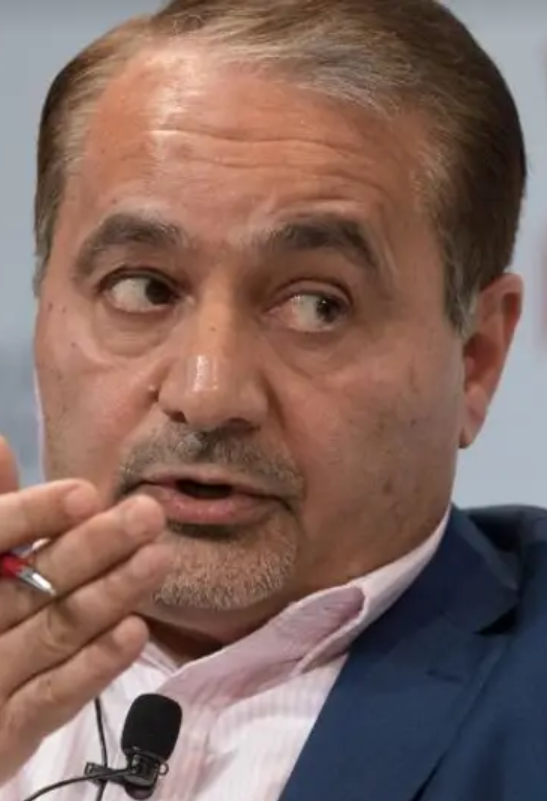June 17, 2022

Hossein Mousavian, a former Iranian ambassador and now a research fellow at Princeton University, says the Islamic Republic’s habit of jailing visitors frightens away potential investors. In an interview with the Reformist Ensaf News, Mousavian said politics, ideological biases and obstacles created by hardliners not only hinder foreign investment, but also dissuade Iranian expatriates from investing in the country.
The issue is politically important because the Islamic Republic is demanding that, if it signs a new nuclear deal, it be guaranteed unimpeded trade and foreign investment. But many analysts are saying there will be little of either because Iran is viewed as a bad place in which to do business and many people expect the GOP to win the next US presidential election and kill any nuclear deal a second time.
Mousavian, who is often accused of being a front for the regime, also insisted that Iran can never attract foreign capital as long as it refuses to solve its problems with the United States. Mousavian recalled that once he invited a prominent German industrialist to Iran, but Iranian officials refused to meet him.
Speaking of another problem that hinders foreign investment, Mousavian said that despite rich natural and human resources in Iran, the miserwhich was around 14 percent before the Islamic Revolution, has reached 50 percent. This is an index directly linked to corruption, inflation, unemployment, crime and insecurity, he said.
Mousavian said, “The detention of foreigners and dual nationals in Iran is a familiar issue in international media. I invited many Iranian expats to invest in Iran when I was Iran’s ambassador to Germany, but most of them refused to have anything to do with Iran.” Mousavian said some Iranian officials do not believe in the need for foreign investment, while others are unable to remove the many obstacles.
Mousavian, 65, was Iran’s ambassador to Germany (1990-1997). His last position in Iran was the deputy director of the Presidential Office’s Strategic Research Center (2005-2007). He was briefly jailed in 2007 on charges of espionage, but was soon cleared of the charges.
The same week that Mousavian spoke out, Jalil Jalaifar, a member of the Russia Iran Chamber of Commerce, told the Iranian Labor News Agency (ILNA) that Iran has not been able “to attract even one investor” from Russia, which is, with China, the main countries Iran is looking to for economic support. Jalaifar explained that Russian investors study the internal conditions in Iran and conclude that it is not a hospitable environment. He added that “investors realize … they will face a wall” in Iran.
Jalaifar said 50 to 60 Russian companies register in the UAE daily, while in Iran bureaucratic impediments dissuade for eigners from opening any office or subsidiary. A large bureaucracy is in charge of approving names that owners select for their companies, and this in itself is enough to drive away any foreign investor.
Since the invasion of Ukraine, Jalaifar said trade between Russia and Iran has probably doubled, but he emphasized that the volume is negligible compared to Russia’s overall trade.
Jalaifar added that Iranian ports and bureaucracy are not ready to assist an expansion in trade with Russia. “Red-tape takes up to a week to clear” at the northern Caspian Sea ports, he said. In land transport, he said the border crossing point to Azerbaijan at Astara can clear 400 trucks daily, but constant interruptions in Internet access shut down Iranian customs, and exports must often wait days.




















